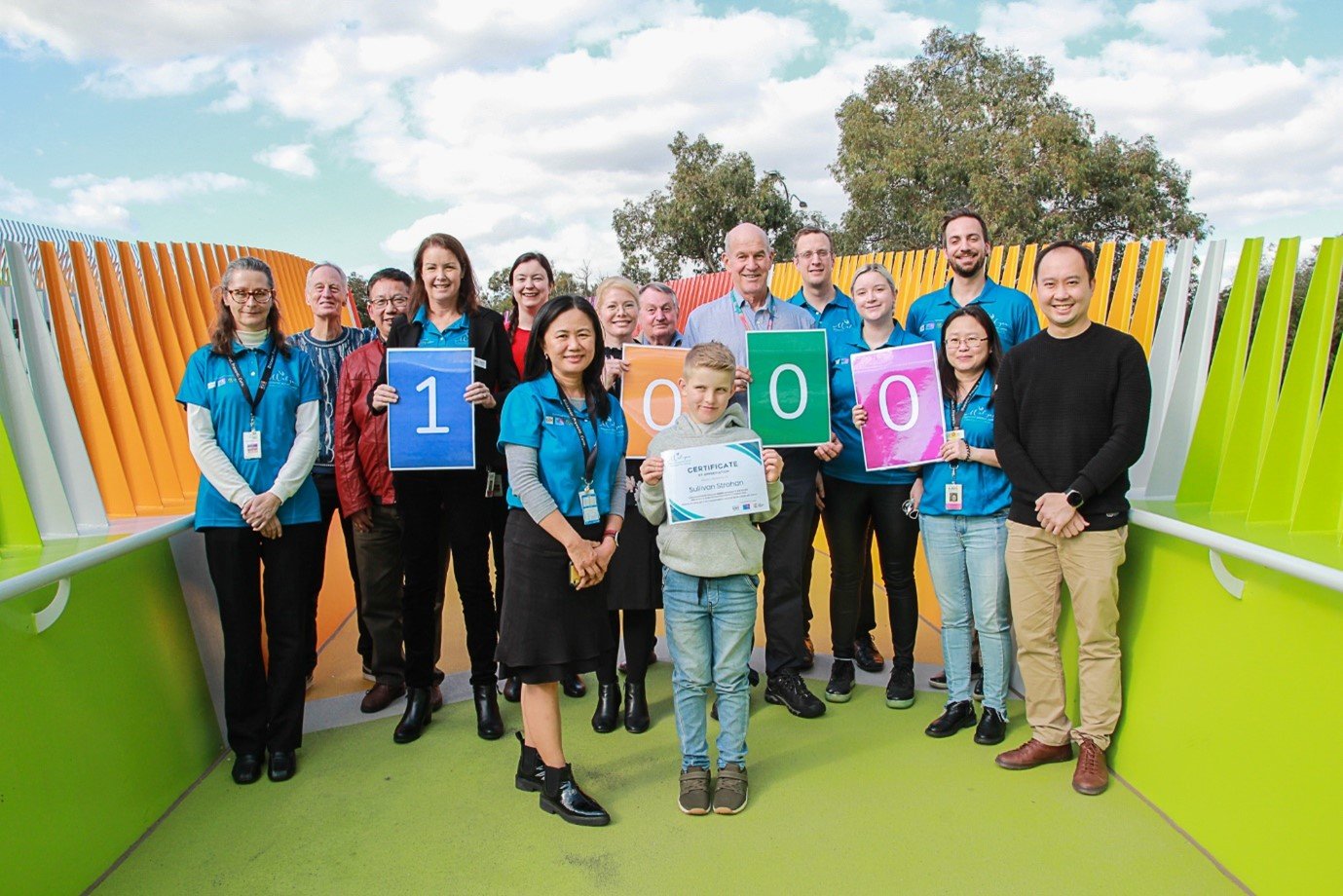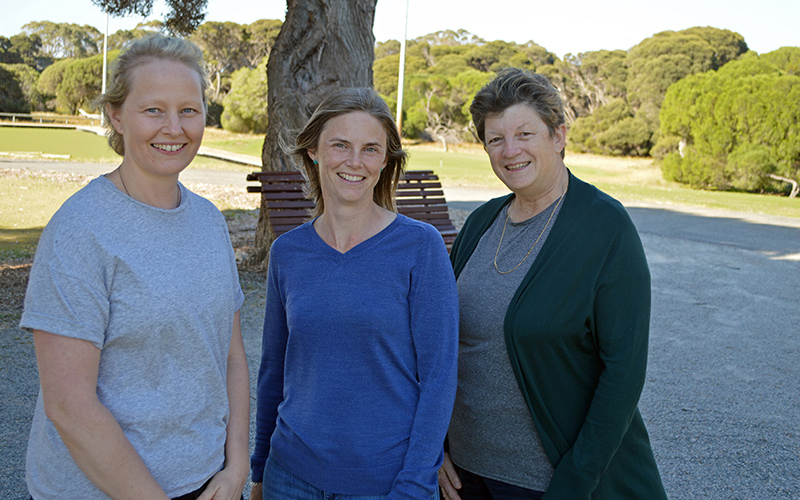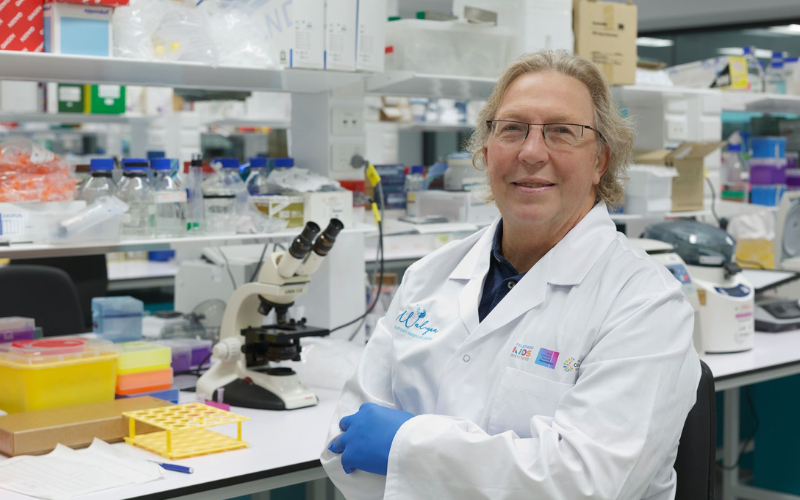Search

Our Children’s Respiratory Science team is currently seeking research buddies to provide a community perspective on research into childhood asthma attacks.

The Wal-yan Respiratory Research Centre conducts research into a wide range of childhood respiratory disease areas.

News & Events
Preterm respiratory researchers share what World Prematurity Day means to themPreterm researchers Dr Shannon Simpson (left) and Professor Jane Pillow (right) with Tony Sparks WA chairperson Amber Bates.

News & Events
Boosting mums’ immunity could save newborns from deadly respiratory virusesPerth respiratory researchers have discovered that giving an immune booster to mothers during pregnancy could increase their newborns’ resistance to severe and life-threatening respiratory viral infections.

News & Events
Lots to celebrate as Wal-yan Respiratory Research Centre turns 2As the Wal-yan Respiratory Research Centre turns two, the Centre celebrates its achievements and thanks everyone involved in the work of the Centre.

News & Events
State Government grant to support development of new therapies for respiratory virusesA project to be undertaken by a team of researchers at the Wal-yan Respiratory Research Centre, led by chief investigator Professor Stephen Stick, aims to develop interventions that could provide protection in the event of a new pandemic, and against common viruses already infecting children in WA.

News & Events
Seven innovative lung health research projects supported by Wal-yan Centre fundingSeven innovative lung health research projects have received funding support as the 2023 Wal-yan Respiratory Research Centre Strategic Inspiration Projects.

News & Events
Wal-yan researchers welcomed at scientific meeting in New ZealandMore than 14 researchers from the Wal-yan Respiratory Research Centre will be welcomed as presenters and facilitators at The Thoracic Society of Australia and New Zealand and The Australia and New Zealand Society of Respiratory Science (TSANZSRS) Annual Scientific Meeting (ASM) this weekend.

News & Events
AERIAL allergy and asthma study celebrates recruitment of final babyThe AERIAL study, in partnership with The ORIGINS Project, endeavours to understand if exposures during pregnancy and early life can affect the cells lining the airways in newborns, and whether this is associated with the development of wheeze, allergy and asthma later in childhood.

News & Events
Keelan has ‘survived and thrived’, thanks to researchTen-year-old Keelan Mullins is known to his mum Clare Hindle as her ‘miracle baby’. Keelan was born in March 2013 at 26 weeks’ gestation and weighing just 1096 grams.
